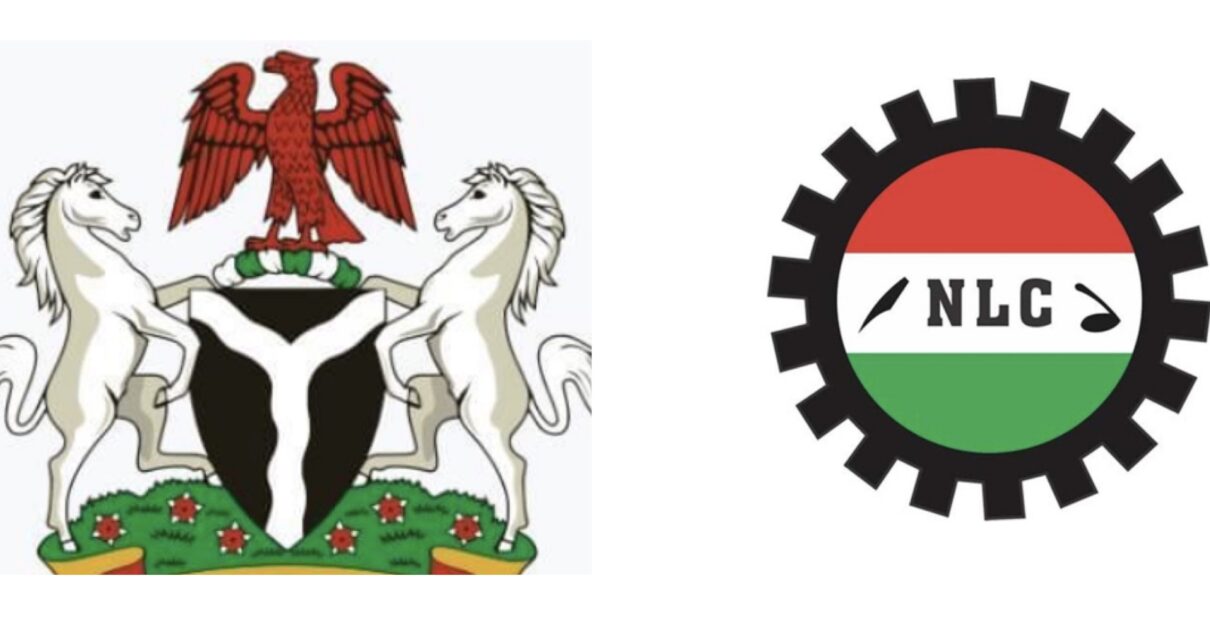Labor unions criticized the Federal Government on Wednesday for reducing the supplementary budgetary allocation for wage awards to federal civil servants by ₦100bn, expressing dissatisfaction with the deviation from their initial agreement.
The recently revised 2023 Supplementary Budget revealed significant changes, including the replacement of the contentious ₦5bn presidential yacht allocation with funds for Navy barges. The defense budget increased from ₦476.54bn to ₦546.21bn, with ₦20bn designated for the National Intelligence Agency’s capital supplementation.
The initially proposed four-month wage award cost was ₦210bn, but the approved revision decreased it to ₦110bn. Additionally, the Ministry of Defence saw a substantial increase in its budget by ₦69.67bn, with the Nigerian Navy receiving an extra ₦25bn.
Notably, the controversial ₦5.095bn earmarked for a presidential yacht was redirected to a self-propelled barge. The Nigerian Navy also gained additional funds for construction projects and the purchase of tugboats.
The Defence Intelligence Agency and the Office of the National Security Adviser both experienced significant budgetary increments, while allocations for the First Lady’s official vehicles and the education loan fund were maintained and increased, respectively.
Despite the Federal Government’s earlier wage award of ₦35,000 for all federal workers, the revised budget raised concerns as the allocation was reduced. Labour unions, including the Nigeria Labour Congress and the Trade Union Congress, warned of resistance against this reduction.
Chris Onyeka, Assistant General Secretary of NLC, emphasized the agreed ₦35,000 wage award and expressed concern over potential salary reductions. The TUC’s National Deputy President, Tommy Etim, stressed the importance of honoring agreements, with the NLC’s Benson Upah calling the government’s behavior “sad.”
Efforts to obtain an explanation from the Presidency on the reduced award were unsuccessful at the time of reporting.
President Bola Tinubu’s earlier promises of provisional wage increases for low-grade workers were initially set at ₦25,000, later raised to ₦35,000 after discussions with organized labour. The total wage bill increased to ₦315bn, leading to a 30-day suspension of the proposed nationwide strike.
Despite civil servants receiving a single payment of ₦35,000 for September, concerns persist over the government’s commitment to meeting agreed-upon terms. Workers, grappling with escalating inflation, seek fair compensation amid economic challenges, with many expressing dissatisfaction with the rising cost of living.
